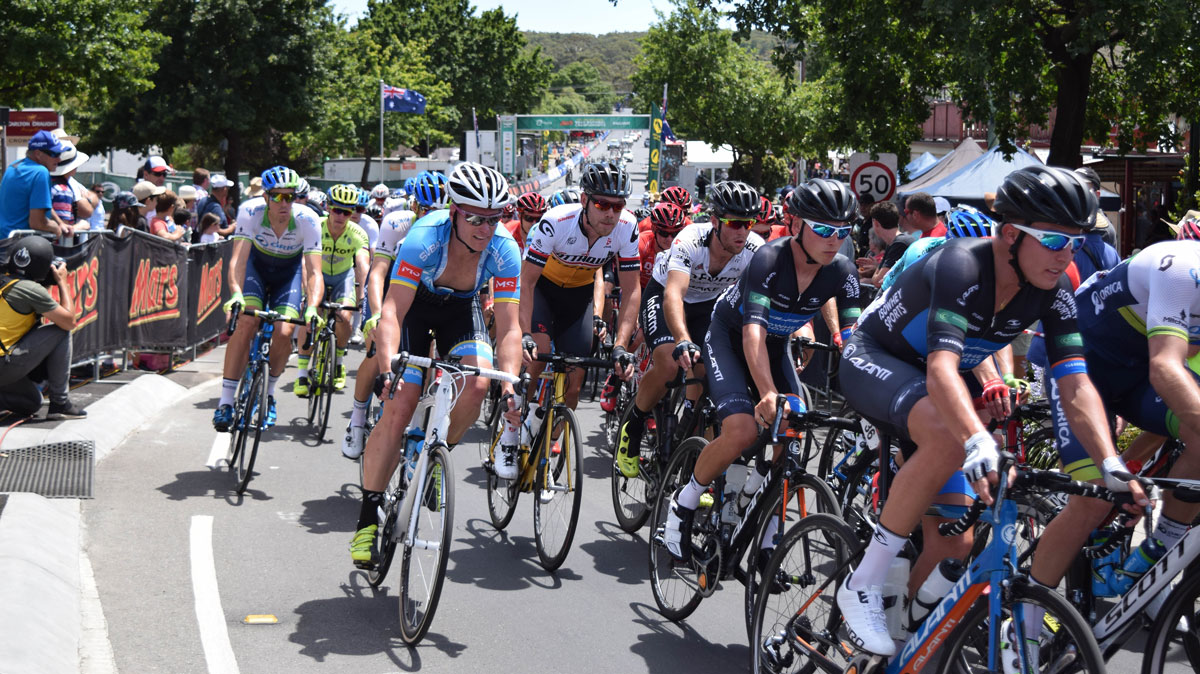With popular endurance events coming up over the Australian summer including L’Étape Australia, the MARS Cycling Australia Road Nationals Gran Fondo, Audax Alpine Classic and Peaks Challenge Falls Creek we bring you a series of nutrition articles to help you prepare for endurance cycling or running events.
The first is Nutrition tips to consider when preparing for an Endurance Race, written by Matty Abel, an IsoWhey Sports athlete & strength and conditioning coach.
1. GETTING CARBOHYDRATE LOADING RIGHT
Carbohydrate loading has changed over time and, as we do more research, we find it takes roughly 12+ hours to restore or load our glycogen levels. This leaves the night before carb load out of the equation. Nowadays we see a slow increase of carbohydrates over a number of days, generally with your highest carbohydrate day two days out from your endurance event. This gives our bodies sufficient time to absorb the carbohydrates as glycogen. However, we only have a limited source we can hold depending on our muscle mass. This is where fat loading might be required.
2. FAT LOADING
At some point in an endurance event we are going to need our fat stores as an energy source. Some of us we may train in a depleted state so come race day our fat conversion to energy happens more efficiently. If you slightly increase your “good” fats whilst you load up on carbohydrates, you will ensure you have sufficient sources of good fats to draw on come race day.
3. HYDRATION LOADING
As we increase our carbohydrate intake we increase our ability to retain fluid, with each gram of carbohydrate able to hold 3mL of water. For endurance events, especially in warmer weather, this is essential. Generally we should see a small increase in water, around 1L extra per day, as over hydration can also have a negative impact.
4. ELECTROLYTE LOADING
Electrolytes can have a major impact leading into an endurance event, especially in hotter climates. Choosing the right electrolyte product before an event can be very personal so I suggest trying a few to see which flavour suits you. What you want to stay clear of is the electrolyte drinks that are high in sugar, which causes an extra stress on the body. Look for a good quality magnesium powder and sip on it throughout the days leading into your event.
5. NUTRIENT-DENSE FOODS
What we tend to see most before a big race is people using it as an excuse to binge out, opting for high sugary foods with no nutritional value. But that’s like filling a Ferrari with poor quality fuel. Eating these types of foods not only increases oxidative stress and inflammation in our body but serves no purpose. Good food options are high carbohydrate fruits and veggies with high quality fats such as avocado, salmon, nuts and some oils.
This article is an excerpt taken from IsoWhey Sports Training Guide for Running

